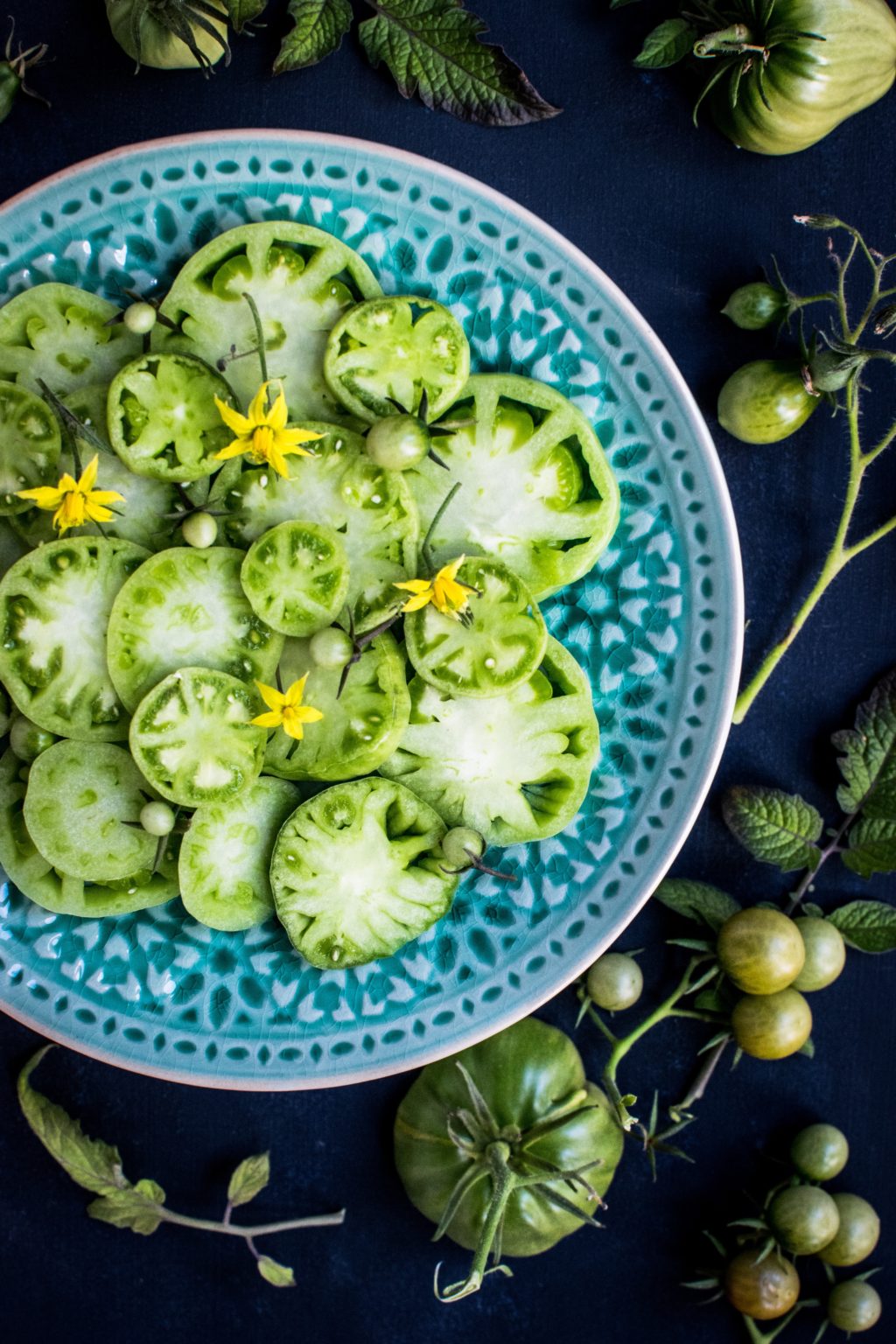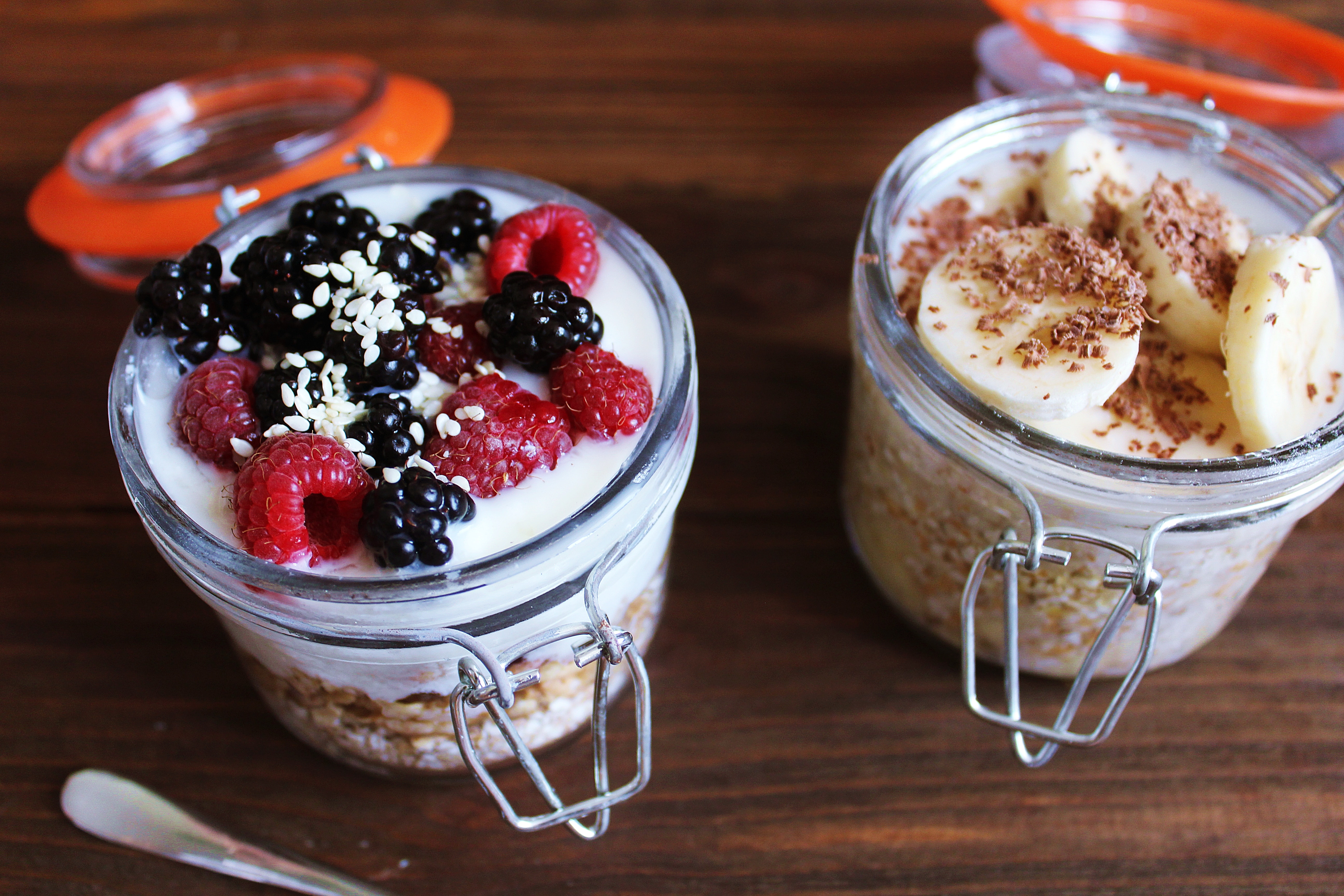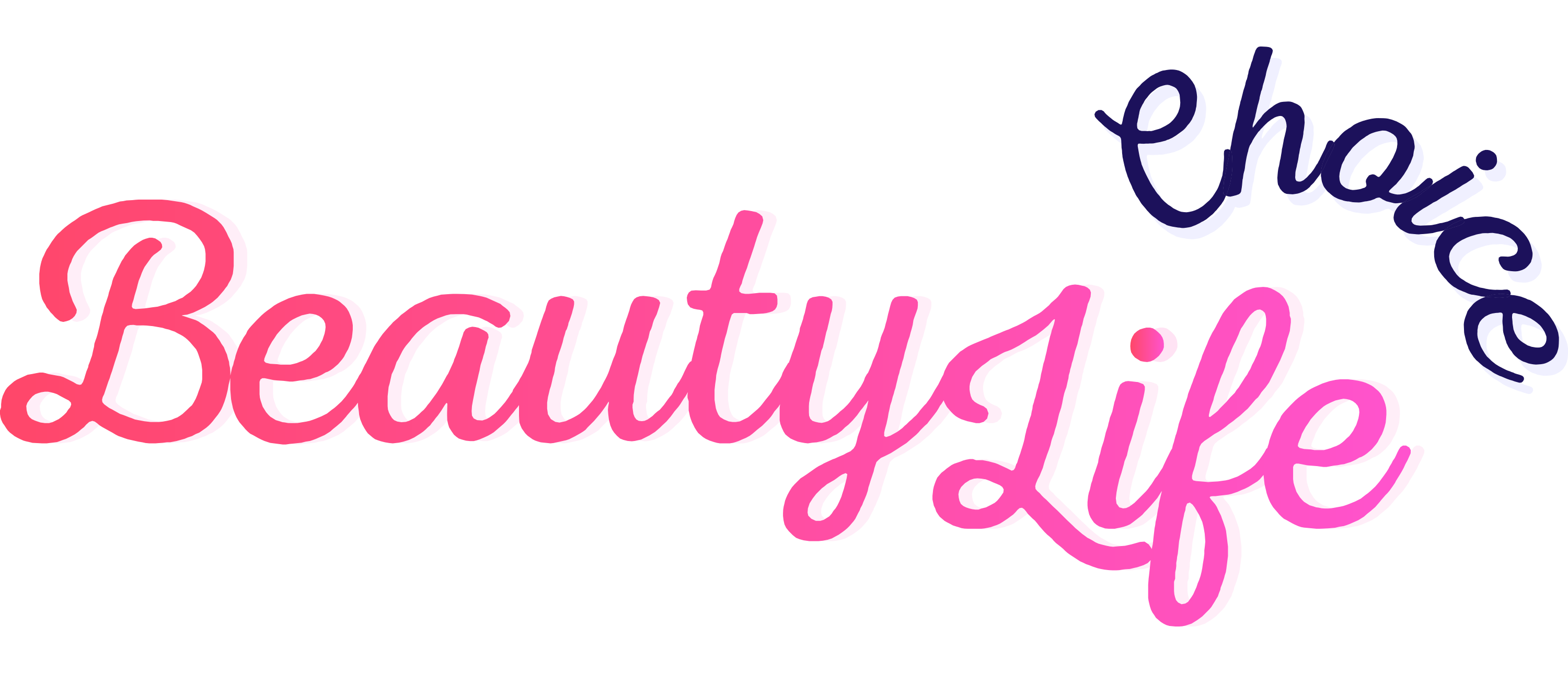The Best Colon-Cleansing Diet

Having a healthy colon is imperative for living a healthy life. It might not sound or be a glamorous part of our body, however, it’s the key to our waste management. That’s why we need to watch out what we put into it. We must nourish it and protect it from harm in order to keep our body running smoothly.
There’s a slight chance you may not know that kidney infection, body odor, cramps, constipation, toe fungus, and other conditions all have their root cause in a colon seeking for a cleanse. In fact, the colon is one of the most common sites for cancer. Having an unhealthy and clogged colon leads to toxins building up and backing up into the bloodstream and liver. That way, our entire system gets polluted.
That’s why, today, we’re going to talk about the best way to do some colon cleansing. There are many foods you can incorporate into your diet that will help you have a healthy colon, thus leading to a healthy system overall.
1. Include Fiber
A diet that’s rich in fiber grants with a healthy digestive tract because it helps sweep the debris from the colon. Imagine fiber as a broom ready to clean up the mess – literally! Fiber is essential for a healthy colon because it makes the intestinal tract work hard and decreases the transit time in bowels. In addition to that, it also helps the colon hold moisture, thus leading to a softer stool.
Having a diet rich in fiber means eating a lot of veggies, seeds, fruits, beans, nuts, and whole grains. So, not only is it healthy but it’s also a tasty diet!
2. Eat Green
Green is the eco-friendly color, so think of green foods as body-friendly. Green foods are perfect for colon cleansing. Apart from cleansing, it’s perfect because the high content of chlorophyll makes the colon heal. In addition to that, it will help your body get higher amounts of oxygen and get rid of toxins.
In order to add these body-friendly foods to your diet, we recommend you to start eating wheatgrass, spirulina, alfalfa, and barley grass.
3. Start including fermented foods

Fermented foods, such as kefir, yogurt, and miso help in friendly bacteria replenishment. Replenishment is needed because a diet that is high in carbohydrates reduces this type of friendly bacteria and upsets the balance of your body’s intestinal ecosystem. The “good” bacteria work on degrading toxins, preventing diseases, stimulating the immune system and producing an overall healthier environment in your body.
4. Drink More Water
There’s no way you haven’t heard someone, at least once in your life, talking about how important it is to drink plenty of water. The reason why it’s so important is that water is a universal solvent. That means that if you drink less than you should, you’ll most likely end up fighting constipation and toxicity in your kidneys and bowels. You need to know that hot and dry climate, exercising, salty foods, and meat cause thirst. We recommend drinking 8 to 10 glasses of liquid daily. That includes herbal teas, fruit juices, and pure water. The optimal time for you to drink water is half an hour before and after every meal.
Final Thoughts
Having a well-balanced cleansing diet is an extremely important part of our health. Having a clean and healthy colon results in having a clean tissue, thus allowing our cells to rebuild.
We want you to remember that eating a high-fiber diet will sweep all the colon debris away. Green foods will help your intestinal tract heal. Also, fermented foods will be of great help for friendly bacteria replenishment. Finally, keeping yourself hydrated will keep you healthy in return.
In case you’ve been suffering from colon-related issues, or if you just want to be cautious with your body, go ahead and try improving your diet. You’ll see that the foods we’ve mentioned will do wonders for your body.







